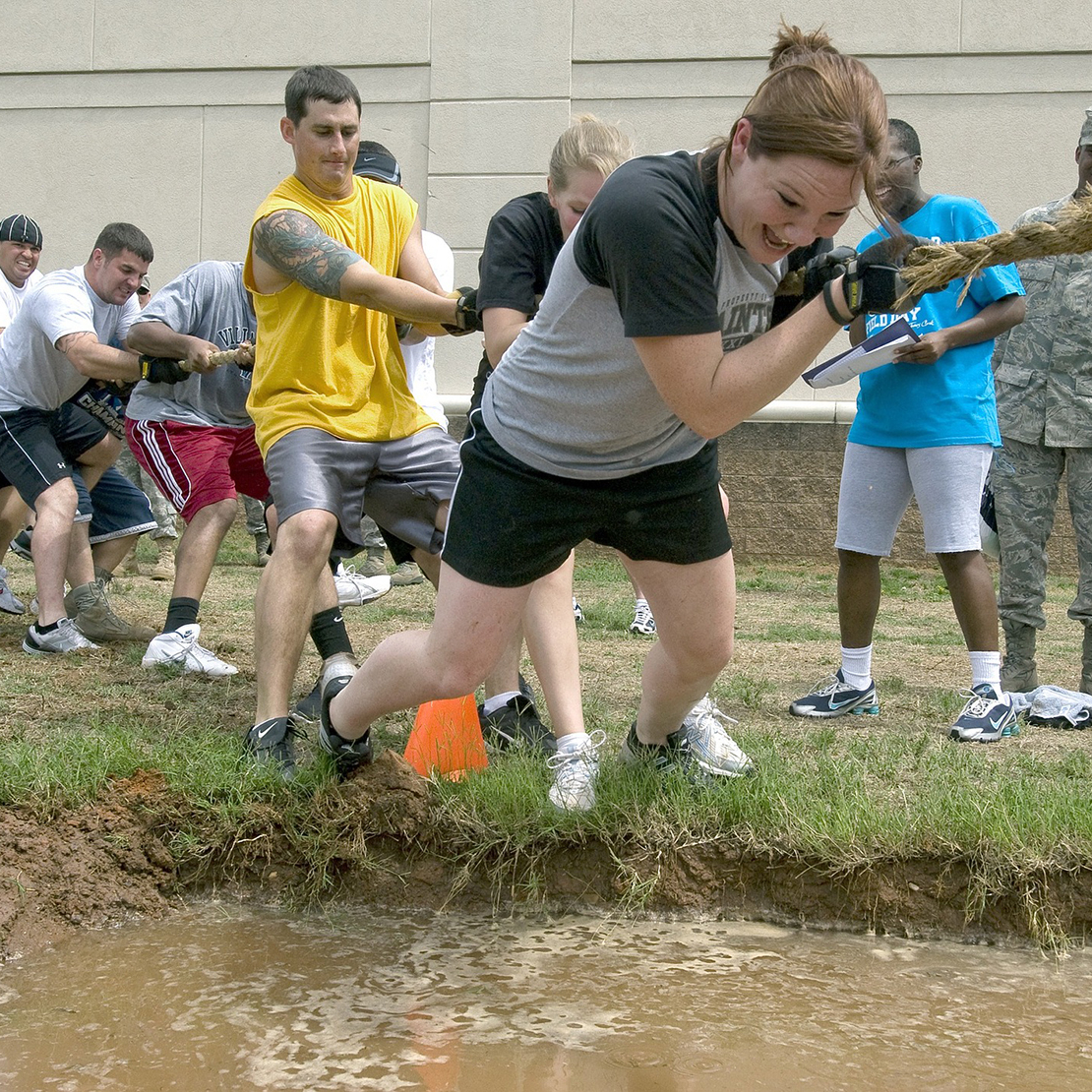
The ropes course at Sierra Nevada Journeys.
I recently spent a week as a camp counselor at a leadership camp for high school seniors. As I drove up into the mountains to the camp, I realized I didn’t know very much about what to expect. I’d asked several people connected to the camp about what it might be like. The answers I received ranged from “it’s hard to explain” and “you’ll just have to experience it” and “it’s life-changing.” So, I proceeded to the camp with a learner’s mind to see what this experience could hold for me.
The experience, in a few words, was life-changing for the campers and life-enhancing for the counselors.
The camp was organized and sponsored by Rotary Youth Leadership Awakening and hosted by Sierra Nevada Journeys. The curriculum was developed by Learn for Living and facilitated by Rochelle and Dean Wellhams. The high school seniors were selected by their schools for their emerging leadership traits. The camp is free for these students because it is paid for by Rotary.
There was lots of inner emotional work, outer teamwork, physical challenges (yes, I did participate in the ropes course challenges!), and significant personal growth. One lesson the students learned is how the decisions they make during the next five years will significantly impact the rest of their lives.
But the learning wasn’t solely for the teenagers.
Use your leadership voice, and other lessons from camp
I am passionate about leadership. I’ve worked with corporate organizations for my entire career, providing training, coaching, and leadership development. I recently completed an executive coaching certification in addition to my master’s in organizational leadership. I often say: “Don’t leave leadership to the leaders,” meaning every person should develop their leadership skills whether or not they intend to have a formal leadership title.
Camp RYLA taught the high school several significant experiences, lessons, and mantras that I think most adults and business people could learn from, including:
- What? So what? Now what? To assess life circumstances, ask yourself: What has happened? Why does it matter? What are you going to do now with it?
- Tombstones don’t list GPAs. The pressure on these kids to get the grades is intense. The challenge is to keep these goals and demands in balance as they determine who they are and what they want. This is similar to the pressure adults feel to balance work, life, and wellness. What words do we want to appear on our tombstones?
- Life voids. Voids often follow accomplishments in life. Don’t fill the voids with mindless and unconscious activities, such as too much time on social media. How do we manage the inevitable ups and downs in our lives?
- Be present. Depression comes from living in the past. Anxiety comes from projecting the future. However, being present in the moment is a healthier way to live. How do we incorporate presence into our lives so that we are more accessible to others?
- Source your value. Understand what values we hold about ourselves. Our athletic abilities, intellect, accomplishments, body image? What are the lies we tell ourselves? Get clear on how you want to measure yourself in ways that support your growth.
- When there are no enemies on the inside, then no enemies on the outside can hurt you. Working on our internal negative self-talk can help us become more resilient.
- Turn “shoulds” into “coulds.” “Coulds” offer possibilities. “Shoulds” limit our choices, so let them go. What career choices become our shoulds? What might our lives look like under a could viewpoint?
- “Have to” versus “get to.” “I have to go to school” versus “I get to go to school.” Try reframing challenging or boring tasks with gratitude for these options.
- Use your leadership voice. A nice takeoff of the phrase these kids heard growing up: Use your inside voice. Be conscious of the voice we present to the world. Be the leadership voice.
- Ask for what you want. Life is so much easier when we simply ask for what we want, instead of complaining and manipulating.
- Assume positive intent. What if we viewed workplace politics through this lens? Might we waste less time and energy on unimportant interactions? Might we ruminate less and be more compassionate?
- Reflection. After each activity, there were small group discussions built around reflections of their experiences and how these related to their lives. These were often very intense emotional conversations. How can we build more reflection into our lives to learn and improve our lives?
Bringing the lessons home
As I wrapped up my week, I too had no words to describe what I’d experienced. We are often urged to put ourselves into uncomfortable situations regularly to grow. This experience was certainly one of those. I came away wondering how much better our adult world would be if we experienced this kind of immersion, the kind of experience that takes us out our everyday patterns.
I have so much confidence in this emerging group of leaders. I hope we can create environments in which they can thrive. Or better yet, I am sure they will create these environments for themselves, and we get to join in.

